Premium Only Content
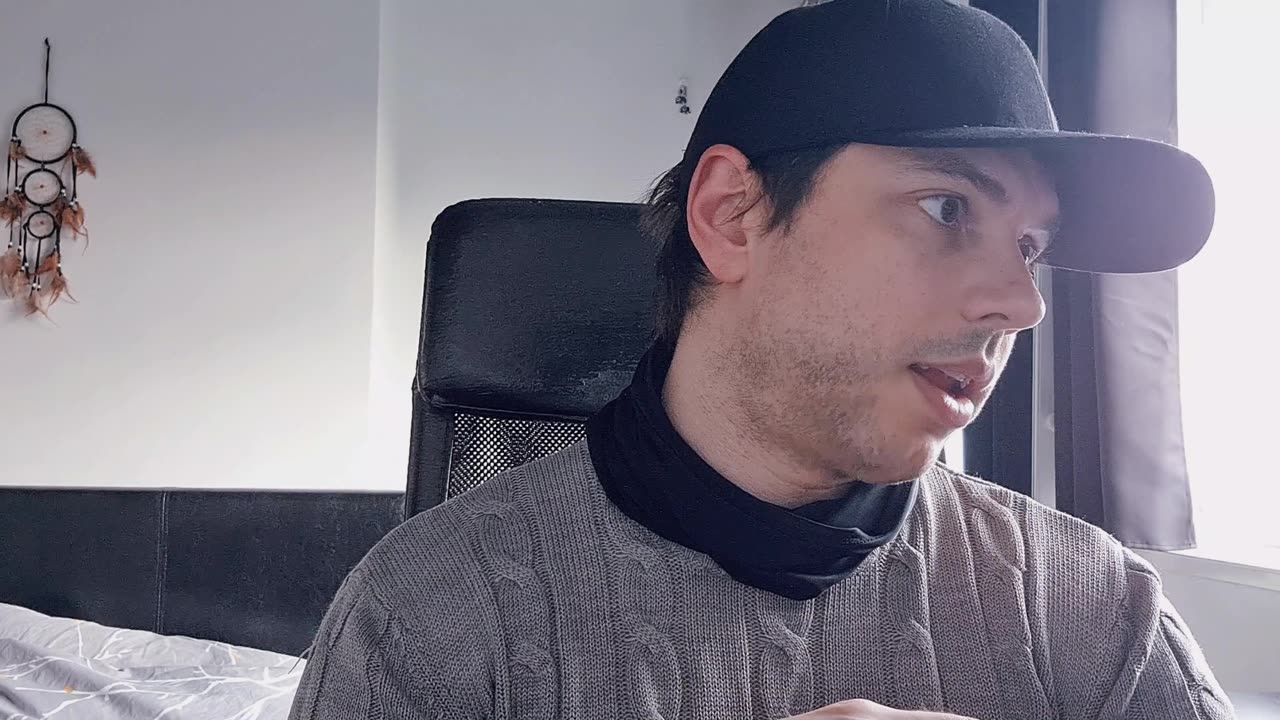
#72 Book 1984
In George Orwell's "1984," the government structure and associated terms are essential components of the dystopian society depicted in the novel. Here are some key areas highlighted in the book related to the government structure and terms:
The Party: The ruling government in the novel is simply referred to as "the Party." It is a totalitarian regime led by a figurehead known as Big Brother. The Party exercises total control over all aspects of life, including politics, economics, and culture.
Big Brother: Big Brother is a symbol of the Party's authority and omnipresent surveillance. Although it's unclear whether Big Brother is a real person or a fabricated persona, he is portrayed as the all-seeing, all-knowing leader who watches over the citizens.
Inner Party, Outer Party, and Proles: The society is divided into three social classes. The Inner Party is the ruling elite, the Outer Party consists of Party members who are not part of the inner circle but still have privileges, and the Proles (short for proletarians) make up the working class and are largely ignored and left to their own devices.
Thoughtcrime: The Party's control extends to the thoughts of its citizens. Thoughtcrime is the act of thinking rebellious or unorthodox thoughts against the Party's ideology. It is considered a severe offense and is punishable by death or reeducation.
Newspeak: Newspeak is the official language of the Party, and it's designed to limit freedom of thought by reducing the number of words and concepts that exist. It aims to make it impossible to express dissenting or subversive ideas. The Party continuously refines and simplifies the language to eliminate heretical thoughts.
Doublethink: Doublethink is the ability to hold two contradictory beliefs at the same time and accept both of them. The Party encourages doublethink to maintain control over the minds of its citizens.
Memory Hole: The government uses the "memory hole" to destroy or alter historical records and documents to fit the Party's changing narrative. This allows the Party to control and manipulate the past, present, and future.
Telescreens: These ubiquitous devices are installed in every home and public space and serve both as a means of surveillance and propaganda. Citizens are constantly monitored and subjected to Party broadcasts.
Ministry of Truth, Ministry of Love, Ministry of Peace, and Ministry of Plenty: These ministries are ironically named and serve to manipulate information, enforce loyalty, maintain social order, and control resources, respectively. The Ministry of Truth, for example, is responsible for altering historical records and disseminating propaganda.
Thought Police: The Thought Police are a covert branch of the government tasked with identifying and arresting those who engage in thoughtcrime. They operate in secret and instill fear in the population.
These elements of government structure and terminology illustrate the extent to which the Party controls the lives and thoughts of its citizens in the dystopian world of "1984." The novel serves as a cautionary tale about the dangers of totalitarianism and the erosion of individual freedoms.
www.antharas.co.uk/ companies website or top book distributors!
#BusinessStrategy
#Entrepreneurship
#Leadership
#Management
#Marketing
#Finance
#Startups
#Innovation
#Sales
#SmallBusiness
#CorporateCulture
#Productivity
#SelfDevelopment
#SuccessStories
#PersonalBranding
#Networking
#Negotiation
#BusinessEthics
#TimeManagement
#GrowthStrategies
#MarketAnalysis
#BusinessPlanning
#FinancialManagement
#HumanResources
#CustomerExperience
#DigitalTransformation
#Ecommerce
#SocialMediaMarketing
#BusinessCommunication
#ChangeManagement
-
 14:15
14:15
AV
1 year ago#1151 Press release - AUKUS real-time AI trials
242 -
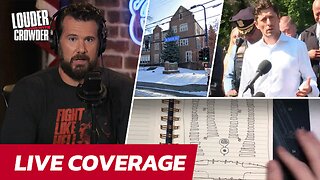 2:34:01
2:34:01
Steven Crowder
3 hours agoBREAKING: Minnesota Catholic School Shooting Update - Shooter & Manifesto
189K282 -
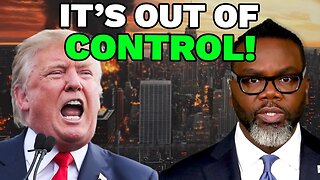 DVR
DVR
Stephen Gardner
51 minutes ago🚨CHICAGO Mayor PISSED as Residents BEG Trump to send National Guard
-
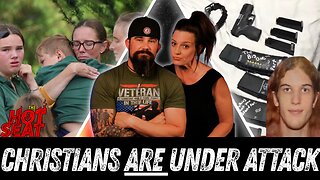 LIVE
LIVE
The HotSeat
1 hour agoChristian School Shooting in Minnesota – Faith Under Fire & Prophecy Being Fulfilled
688 watching -
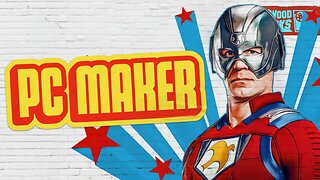 LIVE
LIVE
Film Threat
16 hours agoPEACEMAKER BLOWS GUNN'S DC! PLUS ALIEN: EARTH AND DEXTER RESURRECTION | Hollywood on the Rocks
65 watching -
 1:05:34
1:05:34
The Kevin Trudeau Show Limitless
6 hours agoKevin Trudeau Uncensored The Untold Story Of Wealth, Health & Business Success
254 -
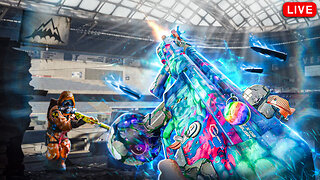 LIVE
LIVE
StoneMountain64
3 hours agoHUNTING FOR THE FIRST WIN BACK ON WARZONE
515 watching -
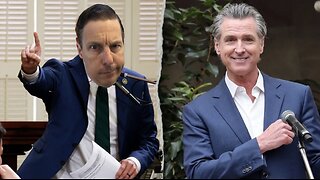 1:08:28
1:08:28
Jeff Ahern
2 hours agoNever woke Wednesday with Jeff Ahern
5.01K -
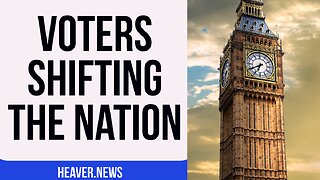 4:38
4:38
Michael Heaver
6 hours agoBetrayed UK Reaches CRITICAL Moment
4.06K8 -
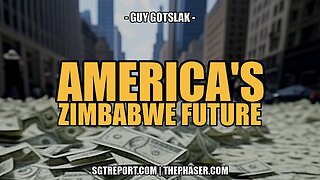 39:13
39:13
SGT Report
17 hours agoAMERICA'S ZIMBABWE FUTURE -- Guy Gotslak
27.2K24